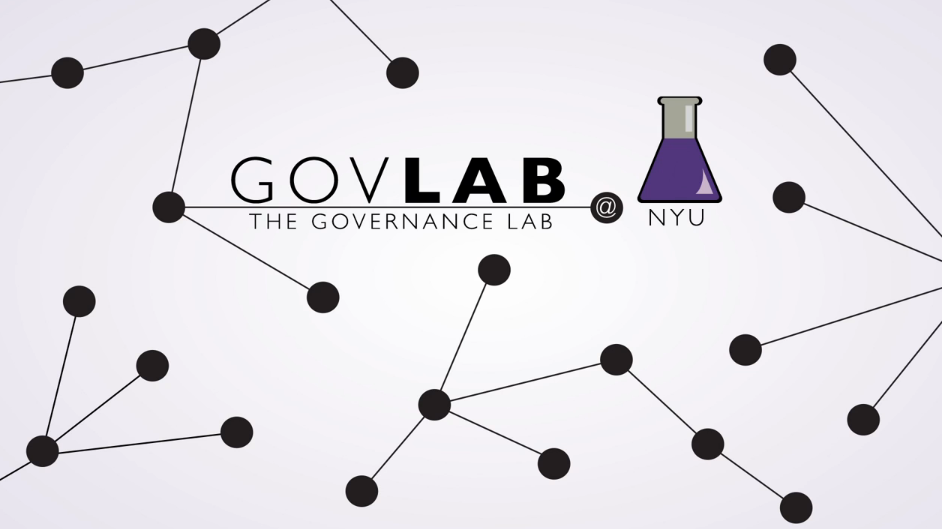
GovLab @ NYU “Experiment” goes from awkward to exceptional
The GovLab Experiment: A Flickr set by paloma.ci
When you stick 150 people from different disciplines in rooms with whiteboards and ask them to solve problems, the discussion is likely to be awkward at first.
But that didn’t deter the Governance Lab @ NYU, which assembled academic researchers, municipal officials, designers, software engineers, journalists, philanthropists and more for its inaugural “Experiment” last week.
So why the collision of disciplines? The goal was to tackle obstacles that stand between citizens and more open government, and that’s a challenge that requires a range of skills and perspectives. But inevitably, different disciplines use different vocabularies, and the first morning was spent bringing those in sync. RELATED LINKs
As the conference progressed, though, participants broke into smaller groups, goals became more specific, several of the discussions clicked and the Experiment started to see results. Among the prototypes that emerged, with the help of designers and coders who worked overnight:
- A tool to help city governments use open contests to get citizens to contribute and collect personal data that can be combined with the big data of city government to produce smarter cities, where data-driven decision-making is partly powered by citizen engagement.
- A model to turn the massive but unwieldy database of the British National Health Service into highly useable tools to benefit patients, doctors and researchers alike. The group of designers and coders who produced it was steered by Tim Berners-Lee, and NHS officials vowed to build it.
- A new tool for the state of Kansas to more effectively serve those seeking to create new businesses.
The Experiment was just the start for GovLab, which is run by former White House CTO Beth Simone Noveck and supported by the Knight and MacArthur Foundations. The purpose is to build an intellectual and practical infrastructure for the emerging field of technology for engagement, where technology is used to engage citizens and open up government. Knight is focusing primarily on practice and MacArthur is backing the research.
The initiative recognizes that our existing institutions of governance, including the way we implement democracy, were designed in an era when the connectivity and data at our fingertips was not even imagined. The approach underscores that finding new, better ways to do thing will be driven by experimentation and iteration, including experiments in community engagement.
The approach is also designed to define the areas most in need of research to advance the field, and to connect the researchers, practicioners and others who are all needed to move it forward. By the end of the two-day Experiment, they were speaking what sounded much more like a common language.
By Damian Thorman, national program director at Knight Foundation
Recent Content
-
Communitiesarticle ·
-
Communitiesarticle ·
-
Communitiesarticle ·


